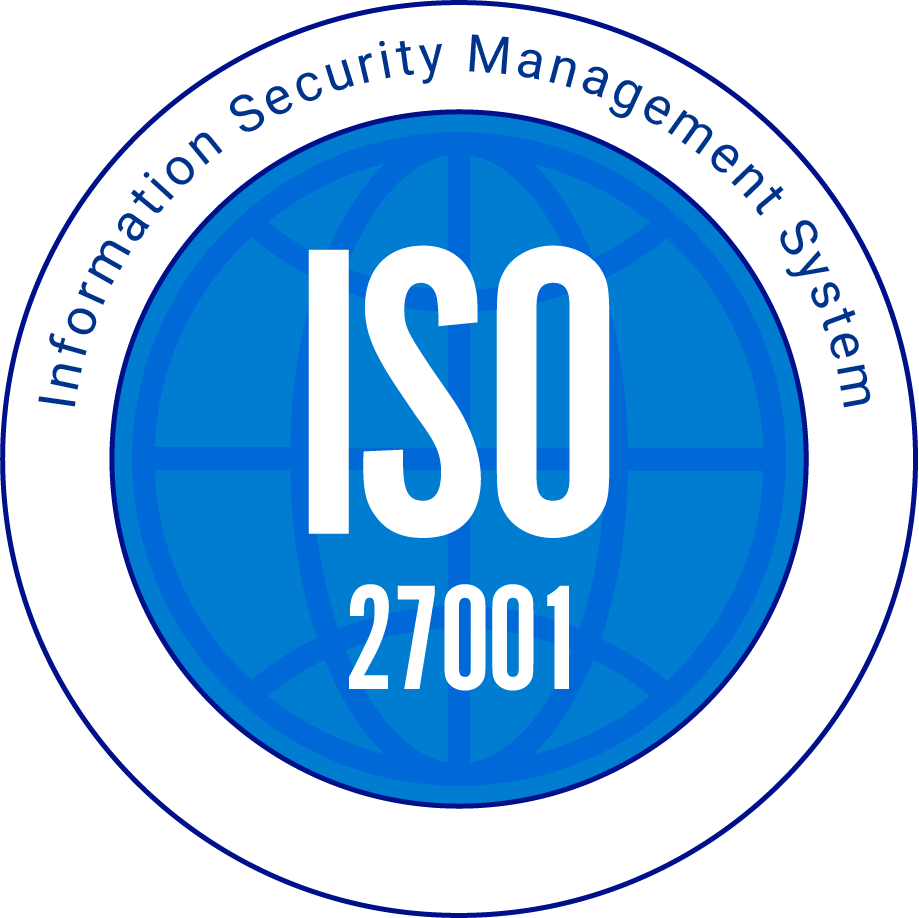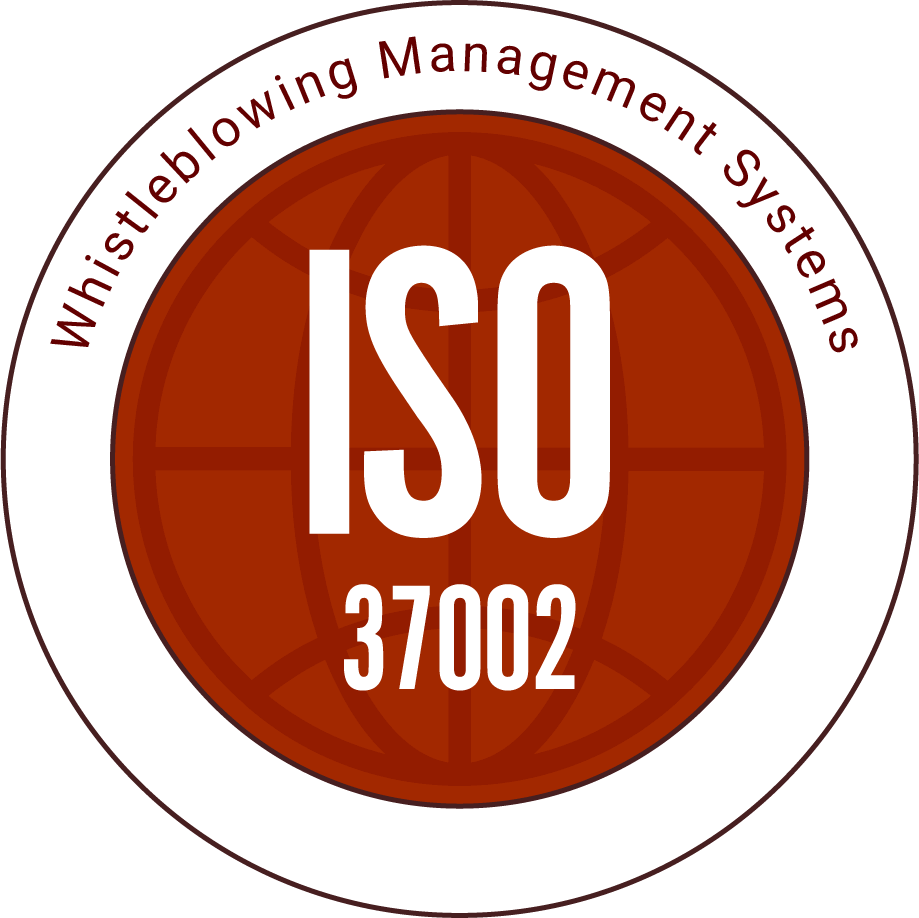Understanding the
EU Whistleblowing Directive
for Small Companies
What is the EU Whistleblowing Directive?
The EU Whistleblowing Directive (2019/1937) requires that every company or public body within the European Union guarantee protections for workers reporting misconduct and malfeasance.
Introduced in April 2019, the Directive aims to ensure that all workers within the European Union can speak out without fear of reprisal. The desired effect is to increase corporate transparency and accountability, while cutting down on corruption and breaches of Union law.
It is vital that all organisations based in the EU are aware of this Directive.
As of December 17th, 2023 all companies with 50+ employees will be governed by the EU Whistleblowing Directive.
Why This Matters
1. Protecting Employees
Employees should feel safe to raise concerns, ensuring a healthier work environment.
Employees should feel safe to raise concerns, ensuring a healthier work environment.
2. Maintaining Trust
Transparency and accountability can boost confidence among staff and stakeholders.
Transparency and accountability can boost confidence among staff and stakeholders.
3. Legal Compliance
For businesses within the EU or having dealings with EU entites, non-compliance can have legal consequences.
For businesses within the EU or having dealings with EU entites, non-compliance can have legal consequences.

Note: Employees should feel safe to report any perceived significant wrongdoing, even if it doesn’t fall squarely into one of these categories.
What key issues are covered?
The EU Whistleblowing Directive focuses on breaches of EU law that can impact various business areas. As a company, you should be particularly aware of:
1. Product Safety
Concerns about the safety of what you’re selling, whether it poses risks to customers or the environment.
2. Financial Integrity
Any suspicious financial activites, including those hinting at money laundering.
3. Environment
Activities that might negatively affect the environment, such as improper waste disposal.
4. Public Health
Issues where your products or services could affect the health of your customers or the general public.
5. Consumer Rights
Issues with potential harm to consumers, such as misleading product descriptions or guarantees.
6. Data Safety
Making sure the personal data of customers and employees is handled and stored correctly.
Concerns about the safety of what you’re selling, whether it poses risks to customers or the environment.
2. Financial Integrity
Any suspicious financial activites, including those hinting at money laundering.
3. Environment
Activities that might negatively affect the environment, such as improper waste disposal.
4. Public Health
Issues where your products or services could affect the health of your customers or the general public.
5. Consumer Rights
Issues with potential harm to consumers, such as misleading product descriptions or guarantees.
6. Data Safety
Making sure the personal data of customers and employees is handled and stored correctly.
Keep in mind that while these are core areas, fostering a culture of transparency and accountability is the broader goal of the directive.
What are your responsibilities?
To be compliant with the EU Whistleblowing Directive, you and your organisation will need policies to open safe and fair channels for employees to raise their concerns.
Your policies must achieve the following points:
Your policies must achieve the following points:
1. Provide Reporting Chanels
Companies need ways for employees to report concerns, which guarantee anonymity and confidentiality.
2. Ensure Protection
Employees who ‘blow the whistle’ should not face any retaliation, such as losing their job or facing workplace harassment or punishments.
3. Act Upon Reports
Concerns raised must be investigated fairly, and appropriate actions should be taken to remedy issues.
4. Maintain Open Communication
Feedback should be provided to the whistleblower about the outcome of their report while maintaining their anonymity.
5. Data Security
All efforts must be made to protect the personal details of whistleblowers and the content of their reports.
Companies need ways for employees to report concerns, which guarantee anonymity and confidentiality.
2. Ensure Protection
Employees who ‘blow the whistle’ should not face any retaliation, such as losing their job or facing workplace harassment or punishments.
3. Act Upon Reports
Concerns raised must be investigated fairly, and appropriate actions should be taken to remedy issues.
4. Maintain Open Communication
Feedback should be provided to the whistleblower about the outcome of their report while maintaining their anonymity.
5. Data Security
All efforts must be made to protect the personal details of whistleblowers and the content of their reports.

Each organisation is unique, and will need to find their own methods of achieving these goals.

Understanding the directive and setting up a system might seem daunting, but we have a hassle-free solution at Better Whistle.
How to start toward compliance?
Compliance does not have a ‘one size fits all’ solution, as every organisation is different. Everyone will start with the same five general steps, however:
1. Draft a Policy
Create a clear whistleblowing policy that employees can refer to.
2. Appoint a Team or Individual
Assign trusted officers to manage reports and ensure follow-through.
3. Educate Your Staff
Regularly brief your employees about the directive, and reporting procedures.
4. Review and Refine
As you implement, gather feedback and make necessary improvements.
5. Stay Updated
Issues with potential harm to consumers, such as misleading product descriptions or guarantees.
6. Data Safety
Making sure the personal data of customers and employees is handled and stored correctly.
Create a clear whistleblowing policy that employees can refer to.
2. Appoint a Team or Individual
Assign trusted officers to manage reports and ensure follow-through.
3. Educate Your Staff
Regularly brief your employees about the directive, and reporting procedures.
4. Review and Refine
As you implement, gather feedback and make necessary improvements.
5. Stay Updated
Issues with potential harm to consumers, such as misleading product descriptions or guarantees.
6. Data Safety
Making sure the personal data of customers and employees is handled and stored correctly.
Ready to simplify compliance?

Better Whistle Benefits
Understanding the directive and setting up a system might seem daunting, but we have a hassle-free solution at Better Whistle.




